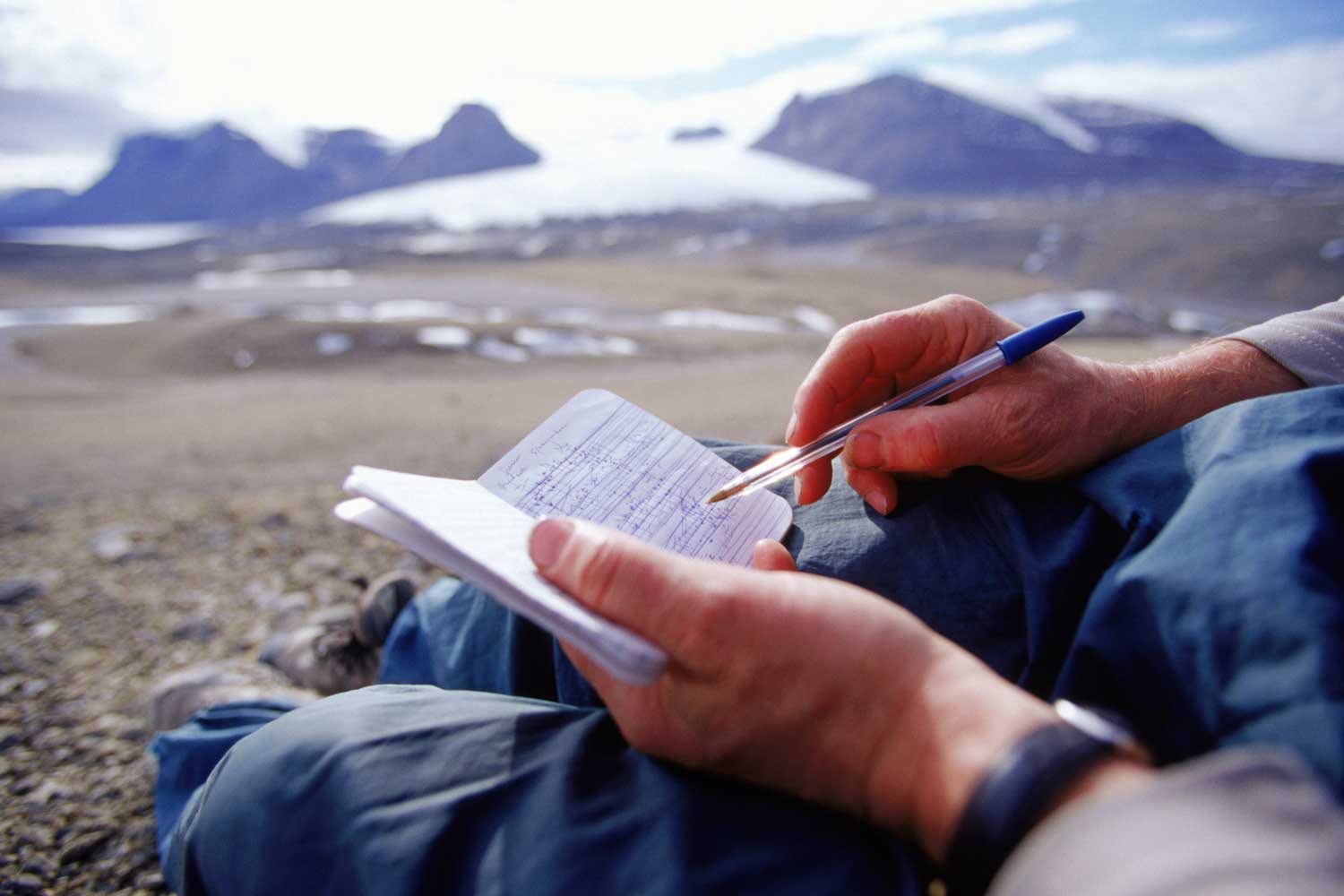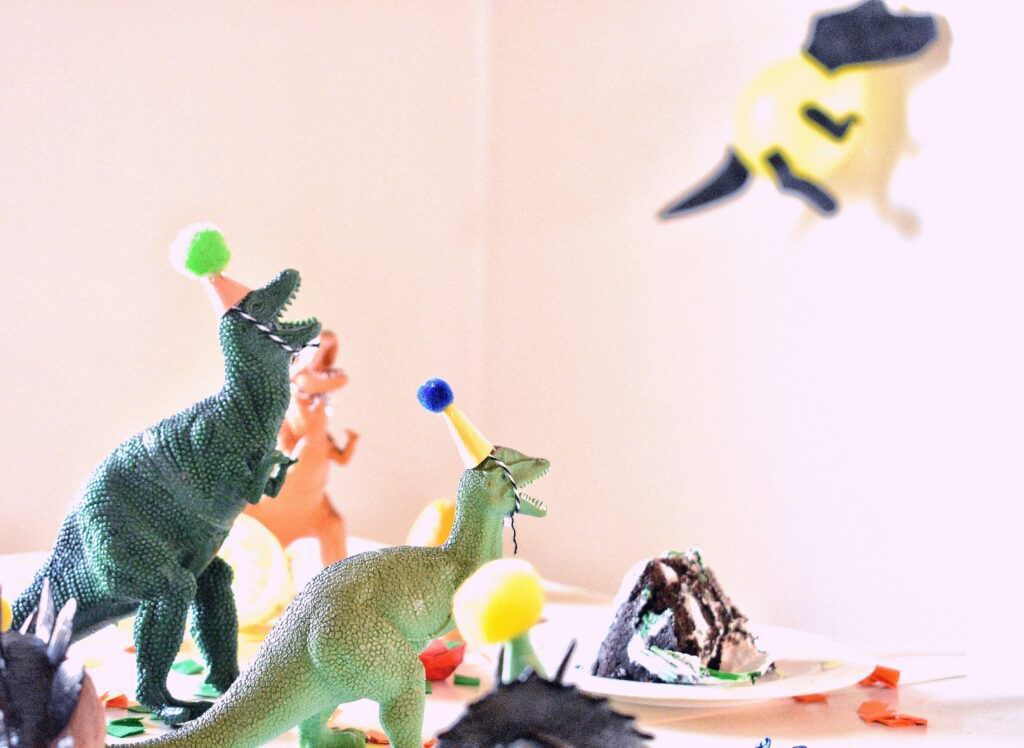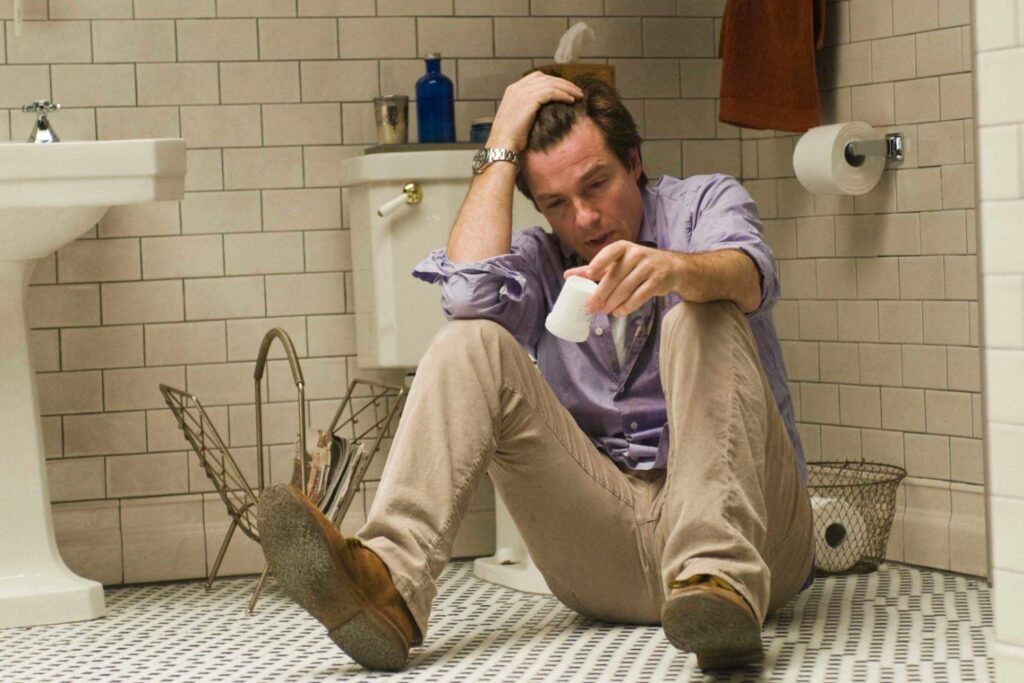It’s a saying as old as time: “you don’t know what you got ’til it’s gone.” At the height of COVID-19 lockdown here in Australia, we realised just how imperative time outdoors, time in nature, is for our mental health. Unable to go outside for the most part, many found themselves dealing with crippling anxiety, stress, and even depression exacerbated by the pandemic. For others, a lack of time outdoors led to a decline in mental health and a festering tension that prevailed into their relationships and work. When restrictions eased and we found ourselves outdoors again – albeit with a limited timeframe and socially-distanced – the green spaces were where we flocked towards. They are like food for the soul, they exist in our mind rent-free, a tapestry permanently etched on our retina, one we can think back to and revisit at will.
If ever there was a time where the power of Mother Nature was revealed, it was during lockdown. As Natural England reports, nearby parks, leafy roads, national parks and the wildlife within them were all instrumental to our wellbeing since coronavirus restrictions began in 2020. It’s why so many of us are now rethinking our lifestyle, with many looking to get out of the city and into the countryside or beaches, in areas surrounded by these green spaces rather than the boxed-in, industrial feel of urban spaces, a move aided by our ability to work remotely.
As the Office for National Statistics revealed to Men’s Health, “What we do not know yet is whether the changes brought on by lockdown will be a temporary trend, or a new way of life.”
5 Ways to Take Control of Your Mental Health

Experts Say Doing This Daily Will Increase Your Wellbeing By 25 Per Cent
But as statistics have shown, the percentage of people spending time outdoors has increased since lockdown, up from 11 per cent in May 2020 to 22 per cent in July 2020, with increases continued to be seen over the months. This is largely in part to the impact green spaces have on wellbeing, as a study conducted by Cardiff University and Cardiff Metropolitan University found people with access to green spaces or a private garden reported better health and higher feelings of calm, peace and energy levels during the first set of restrictions in the UK.
Of course, not all of us are lucky enough to have a private garden or leafy park on our doorstep. Thankfully though, you don’t need a national park to experience the benefits nature has to offer. Findings from the Environmental Science and Technology journal discovered that you need only five minutes of walking in green space a day to reduce stress and increase your motivation to stay active.















